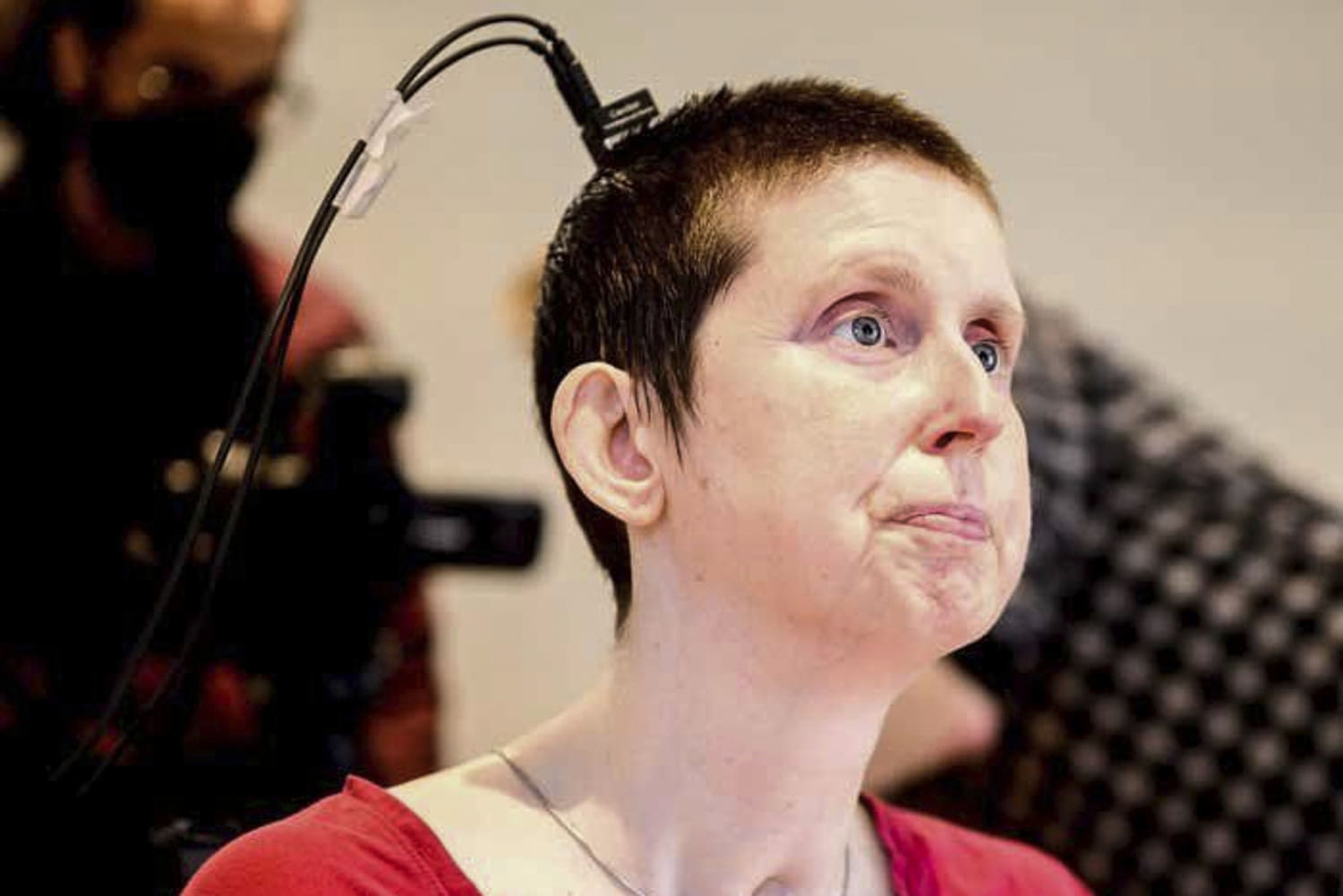At least 46 cryptosporidium infections have been confirmed in England linked to contaminated water. Torbay Council, South West Water, the UK Health Security Agency (UKHSA), NHS Devon and the Environment Agency are investigating the outbreak. There have been around another 100 reported cases of diarrhea and vomiting. South West Water… Continue Reading waterborne illnesses, World, boil water order, contaminated water, cryptosporidiosis, Cryptosporidium, England, parasites, UK Health Security Agency (UKHSA) Food Safety News
At least 46 cryptosporidium infections have been confirmed in England linked to contaminated water.
Torbay Council, South West Water, the UK Health Security Agency (UKHSA), NHS Devon and the Environment Agency are investigating the outbreak. There have been around another 100 reported cases of diarrhea and vomiting.
South West Water initially said that water quality data at the treatment works indicated there were no issues with treated water. However, traces of cryptosporidium were later found in the Hillhead section of their network. A damaged valve on private land in the Hillhead supply area has been identified as the possible cause of contamination, which has since been repaired.
Seven other tests in the Alston water supply area found no traces of cryptosporidium. A sample analyzed by a third-party laboratory revealed no contamination.
South West Water had issued a boil water notice to around 17,000 households and businesses. People in the Alston and Hillhead areas of the network were affected, which supplies customers in Brixham, Boohay, Kingswear, Roseland, and North West Paignton.
An update to this notice means it is now safe for around 14,500 households in the Alston supply area to use their tap water as normal. Around 2,500 properties in Hillhead, the upper parts of Brixham and Kingswear are still being advised to boil their drinking water before consuming it.
Cryptosporidium is a parasite which can cause sickness and diarrhea if consumed. Drinking water can become contaminated due to various reasons.
Sarah Bird, consultant in health protection at UKHSA South West, said the agency was investigating the possible source of infection and putting control measures in place.
“For most people, cryptosporidium symptoms can be managed at home without needing medical advice,” she said.
“Symptoms include watery diarrhea, stomach pains, dehydration, weight loss and fever, which can last for two to three weeks. Anyone can get cryptosporidiosis, but it is most common in young children aged between 1 and 5 years old and most healthy people will recover fully. Please stay off school and work for 48 hours since the last episode of illness and away from swimming pools for 14 days after the last episode of illness.”
People are being advised to boil water for drinking, preparing food, and cleaning teeth, with bottled water being offered to residents.
Reaction to incident
Anthony Mangnall, MP for Totnes and South Devon, said: “It is extremely frustrating that South West Water weren’t quicker to respond to reports of illness, and they initially denied that it was anything to do with their network. I am very concerned about South West Water’s response to this situation, as they have been slow to act and communication with customers has been very poor. This has certainly undermined trust in our water network.”
Laura Flowerdew, South West Water’s chief customer and digital officer, said: “Protecting the health of our customers and providing them with a clean, fresh drinking water supply is our number one priority and we will continue to work around the clock to make sure that happens as soon as possible.
“This situation has caused an immense amount of disruption, distress and anxiety. We are truly sorry this has happened. The public rightly expect a safe, clean and reliable source of drinking water and on this occasion, we have fallen significantly short of expectations.”
Water Minister Robbie Moore said: “We need South West Water to resolve this issue and ensure clean water returns to the Brixham area as soon as possible. I will also be working with the local authority, MPs and other partners locally to ensure the local community is supported during this time.”
Paul Hunter, Professor in Medicine at the University of East Anglia, said it appears the water supply had been contaminated.
“Usually, the source of contamination is either human sewage or cattle manure. It is difficult to know how many outbreaks have occurred as the UKHSA does not publish regular summaries of such outbreaks anymore.”
(To sign up for a free subscription to Food Safety News, click here.)









